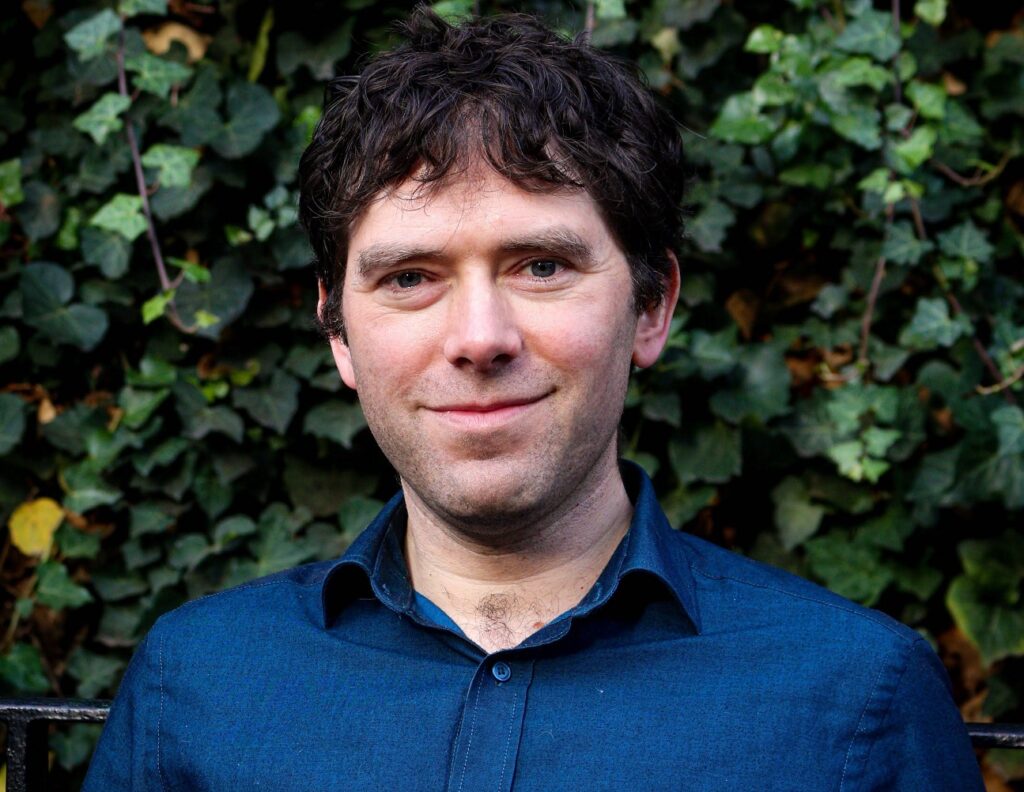
In 2019, cybersecurity company Cheq placed the cost of digital ad fraud globally and it’s associated impact at $30 billion – 20% greater than the entire GDP of Iceland.
That’s a level of investment that’s capable of driving significant harm to society, and it’s all enabled by the ever-expanding role of technology in advertising, and in particular, programmatic media.
Programmatic media, in short, is the use of automation and technology to purchase ad space online, resulting in an ecosystem of several thousand vendors across an array of specialties – from buying more efficiently, data handling, creative services, ad serving, and more. Internationally, ad spend through programmatic channels reached $83.8 billion, representing 65% of digital display ad spend and growing year-on-year. In developed markets, this figure is higher still – representing 84.5% in the U.S., and 88.9% in the UK.
As a result, digital advertising has become progressively more efficient, with brands of all shapes and sizes able to access media titles of their choice and benefit from such scale. But as with any transaction which passes through dozens of intermediaries and contributors, with each vendor having their own interests at heart, the potential for one bad actor to slip in escalates – and with more than 30% of ad impressions being seen by bots instead of humans, it’s a reasonable assumption to say that more than a few are still very alive in the ecosystem.
A variety of tech solutions have been created to help detect fraud and protect brands from funding fraud, with leading vendors such as DoubleVerify and Integral Ad Science leading the way in terms of keeping brand safe – using a range of techniques such as negative keywords, allowing for a page to be scanned and assessed for safety prior to the ad being served, all in a fraction of a second.

However, even these solutions have been found to have their own problems. In the search for safety, brands have also excluded words and phrases such as ‘Paris’, ‘Gay’, ‘Black Lives Matter’, ‘George Floyd, and ‘COVID-19’ – but in doing so, publishers have been unable to monetise this content on their sites, leading in part to significant lay-offs across the industry, with key groups such as The Guardian and Reach PLC reducing numbers.
Other vendors have also attempted to approach the issue from the supply chain side, with the likes of Fenestra offering a blockchain solution to help brands see where their media spend truly goes. This is part of an industry-wide movement towards Supply Path Optimisation (SPO), to maximise performance and avoid both bad actors and companies failing to deliver value. Other initiatives such as JICWEBS and TAG in this space have also been extremely impactful in helping brands and agencies select vendors who behave ethically and responsibly, with external ongoing audits of vendor advertising practices a key part of the certification process – a move that will be strengthened by their upcoming merger.
Unfortunately though, we still see the rate of ad fraud continue to maintain – a symptom of the ‘cat and mouse’ game, and an indicator at the level of black hat innovation in the ecosystem that enables vendors to slip past tracking and blocking technology. As advertising looks to become more ethical, the pressure is on the industry to find a way to either be a faster cat, or, to find another way to play the game.
Despite the levels of innovation and investment to prevent exposure to fraud and continually combat it, this isn’t the only thing that advertising can do to drive ethics forwards. Not funding crime is the bare minimum ethical requirement for anyone, but being ethical requires wider adoption of ethical practice, and backing this through technology and it’s intelligent application. For example, a growing number of companies in industry are now turning to green server providers such as Hetzner to cover their online advertising emissions – our industry is globally estimated to use as much as 7x the energy needs of New Zealand.
Elsewhere, some agencies are evaluating their ESG goals, and factoring for these throughout the decision making process – both in terms of vendor selection, but also in terms of the clients they work with. Organisations such as Ecodesk have been extremely successful in this space, helping companies integrate their ESG data into a single point of truth, and understand the impact of their decisions. Others have also become registered B Corps, an international gold-standard in ethical business practice, including significant agencies such as Havas, and us at Good-Loop, the first adtech vendor in the world to gain B Corp status.
Advertising as an industry is often seen as a virus, not a cure, but when we consider what an ad-funded internet has given the world – supporting a free press, enabling the sharing of ideas and opinion, and facilitating human connection – it’s important that we remember the good our industry has achieved, and how our world would not be better off without it.
Technology has a significant role to play in helping us move forwards, be more ethical, and be a positive force for society – but as always, it can only do so when the humans in control seek to use it to drive good.

Daniel Winterstein
Daniel Winterstein, founder and CTO, Good-Loop



